One of the most important Apple services is undoubtedly iCloud. It takes care of backing up all your data and then synchronizing it across all your devices with the bitten apple logo. In practice, this is a wonderful option when, for example, you don't have to worry about anything when you switch to a newer iPhone, because all your previous data can be uploaded from iCloud without having to deal with their transfer. In the same way, you will find your photos, contacts, messages and many others stored here - that is, if you have activated their storage. On the other hand, it is necessary to point out that iCloud is not exactly a backup service, which has already upset many people several times.
It could be interest you
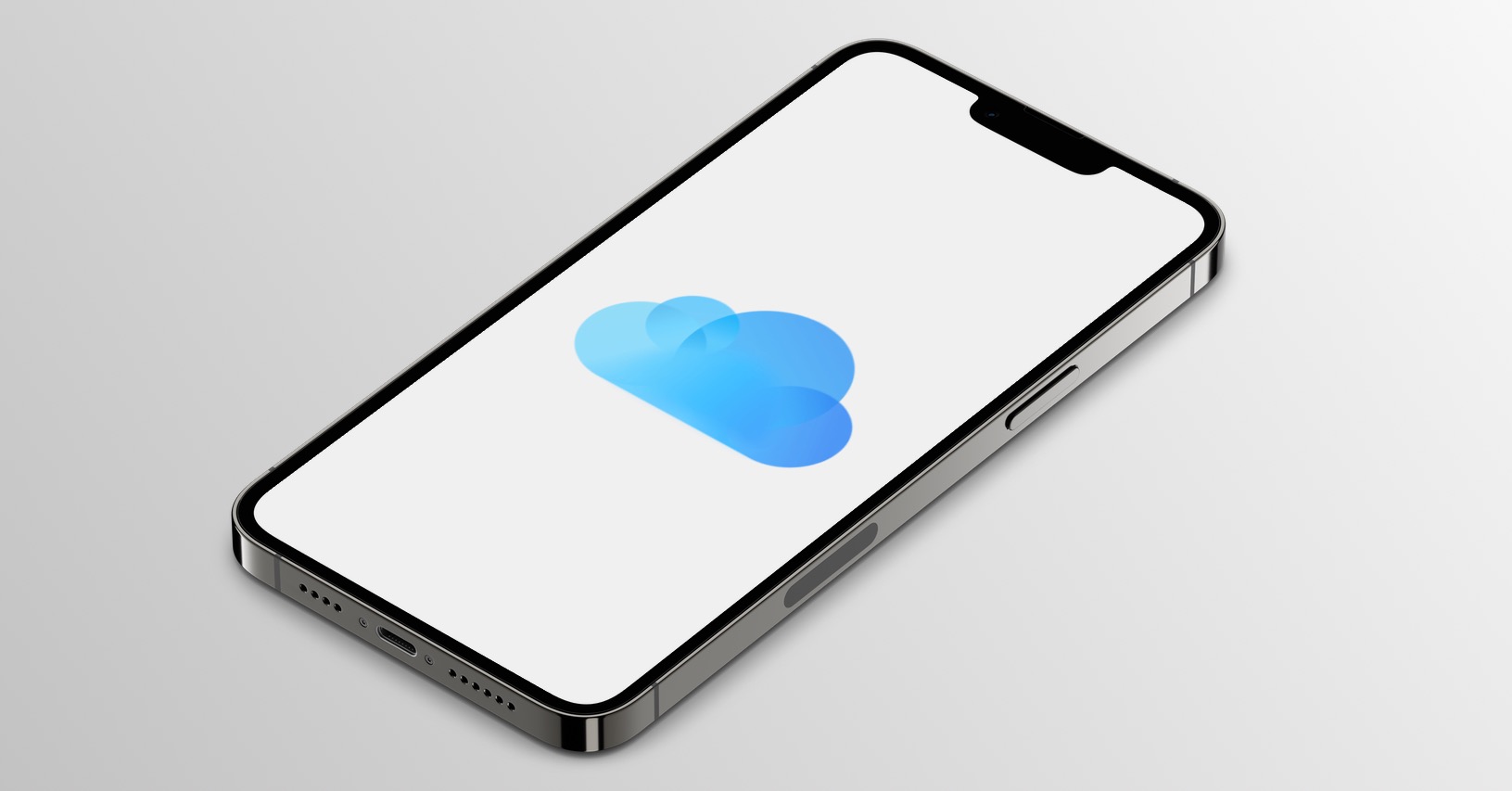
What is iCloud for?
But let's first summarize what iCloud is primarily used for. Although with its help you can, for example, create backups of your iOS phones and keep, say, your entire collection of photos and albums, the primary goal is still a bit different. As we already mentioned above, iCloud is mainly used to synchronize all your data without you having to deal with this process in a complicated way. So whether you sign in to your Apple ID on any device, it's basically true that you can access data anytime and anywhere thanks to internet access. At the same time, you don't even have to limit yourself to the aforementioned Apple devices. iCloud can also be opened in a browser, where you have available not only data from iCloud as such, but also your Mail, Calendar, Notes and Reminders, Photos or even applications from the iWork office package.
Unfortunately, there have been many complaints on Apple forums that users have lost their data stored on iCloud out of nowhere, leaving only empty folders, for example. In such a case, although the service offers the Restore data function, it may not always work in these cases. In theory, there is a risk that you may lose all your data if you do not have it properly backed up.
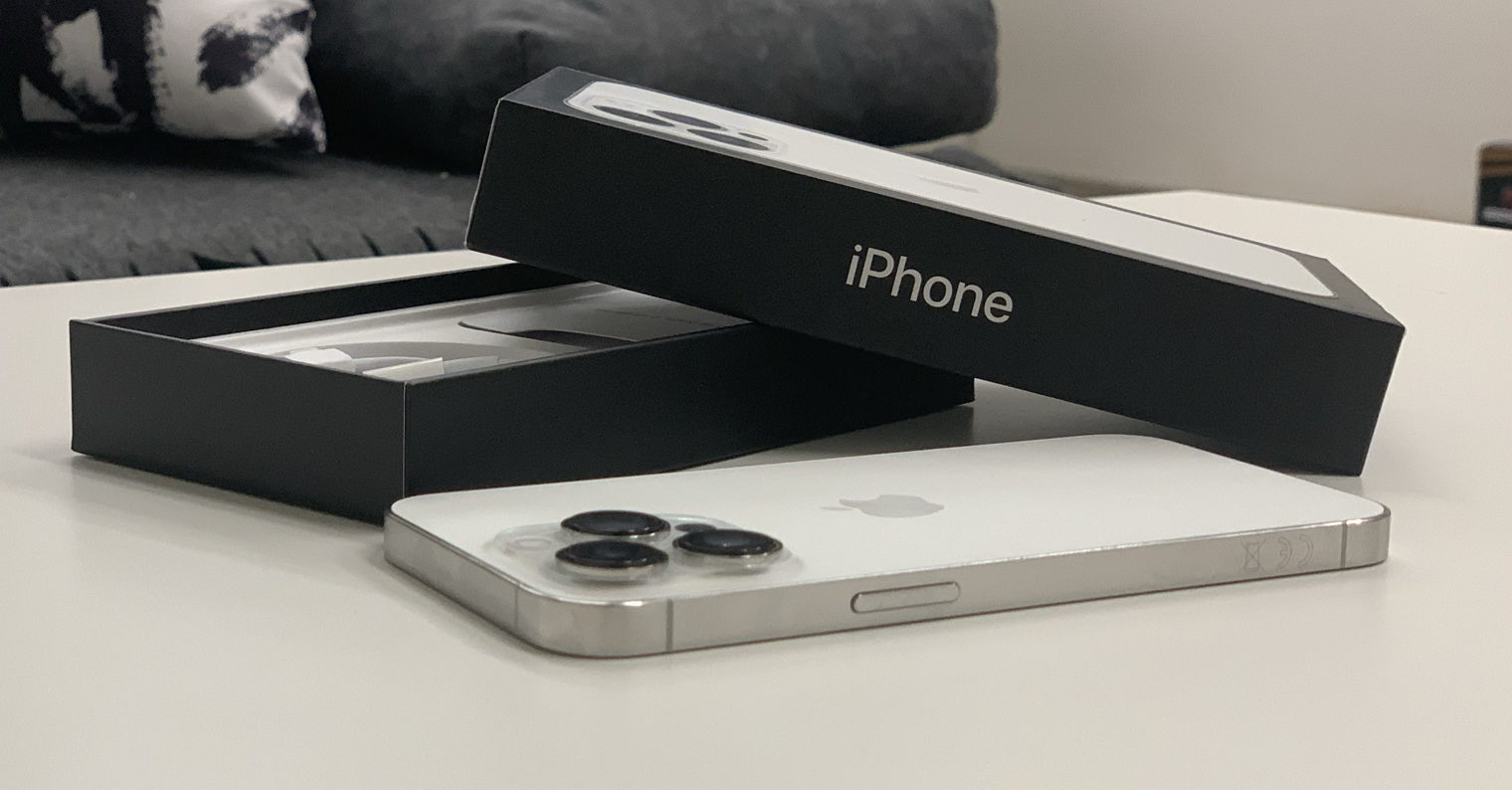
How to backup
One of the most important rules is for every user to back up their devices to ensure they don't lose their valuable data. Of course, using iCloud is better than nothing in this regard, but on the other hand, there are better options. Many apple growers therefore rely on competing services, for example. Many people praise Google Drive, which even lets you work with earlier versions of files, and whose Photos (Google) also categorize individual images a bit better. Others rely on, for example, OneDrive from Microsoft.
One of the best options is to back up all data locally, or on your own network storage (NAS). In this case, you are in control of all the data and only you can access it. At the same time, today's NASs have quite handy tools, thanks to which, for example, they can very cleverly categorize photos and others with the help of artificial intelligence, which was shown to us by QNAP with the QuMagie application, for example. But in the final, it depends on the choice of each of us.
Is iCloud worth it?
Of course, this doesn't mean you should immediately cancel your iCloud subscription. It is still a perfect service with a number of options that significantly simplifies the use of Apple products. Personally, I see iCloud storage as an obligation these days. In addition, thanks to family sharing, it can serve the whole family and store all kinds of data - from events in the calendar, through contacts to individual files.
On the other hand, it certainly doesn't hurt to insure all your data with something else. In this direction, the mentioned options can help you, where you can choose, for example, from available cloud services, or use a home solution. Price can be an obstacle here. After all, that's why many Apple users solve the problem quite simply by backing up their iPhone locally to a Mac/PC via Finder/iTunes.
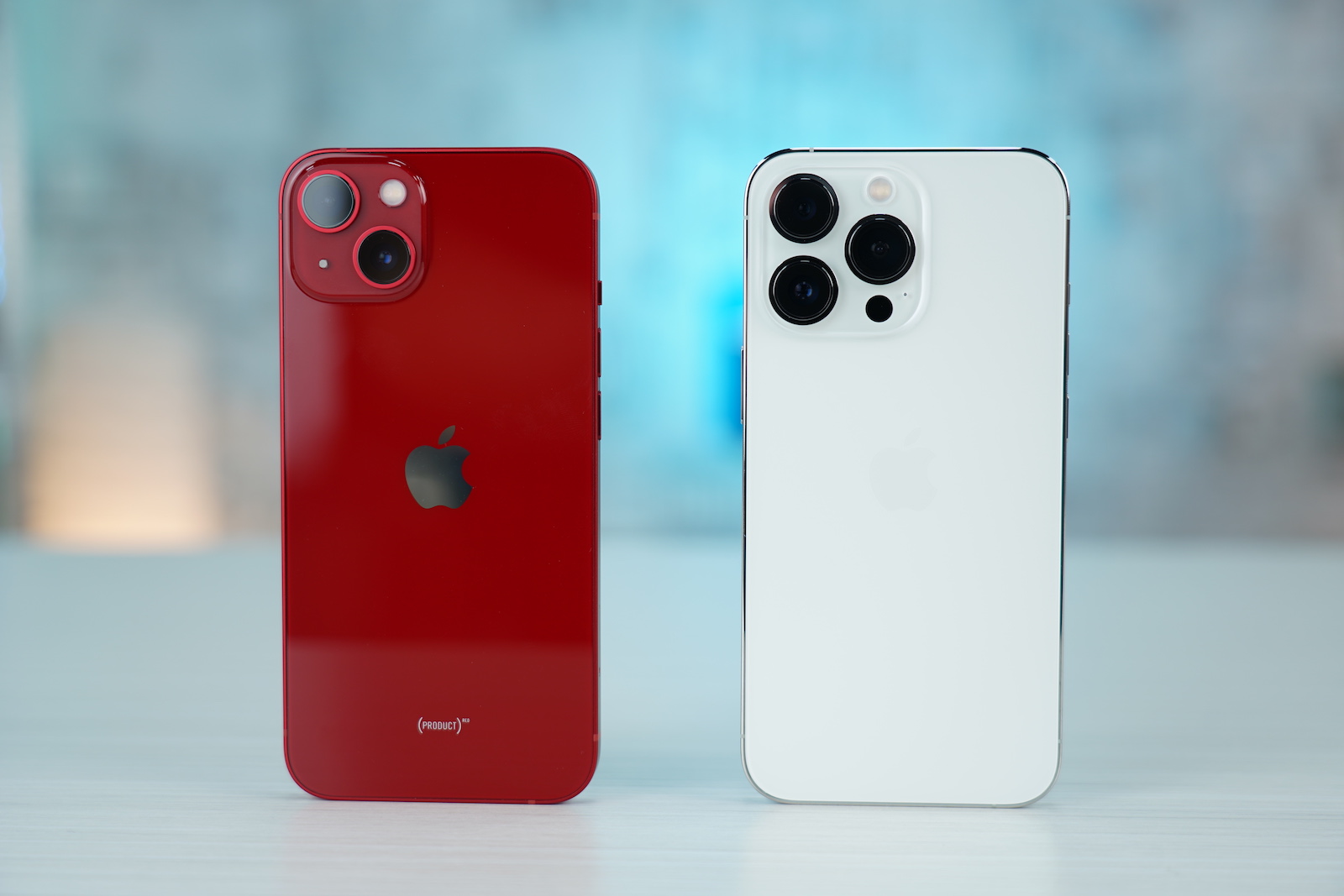





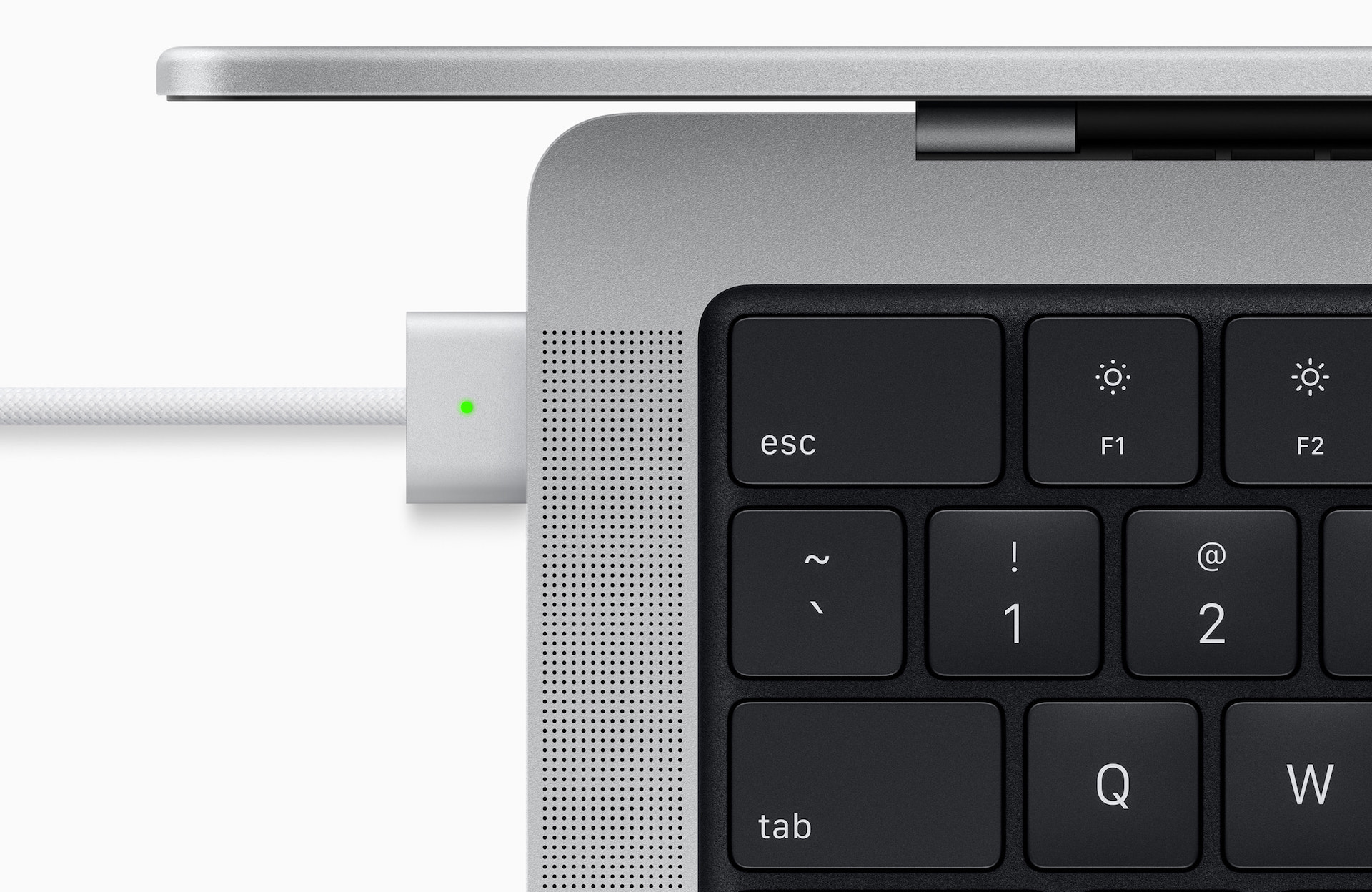


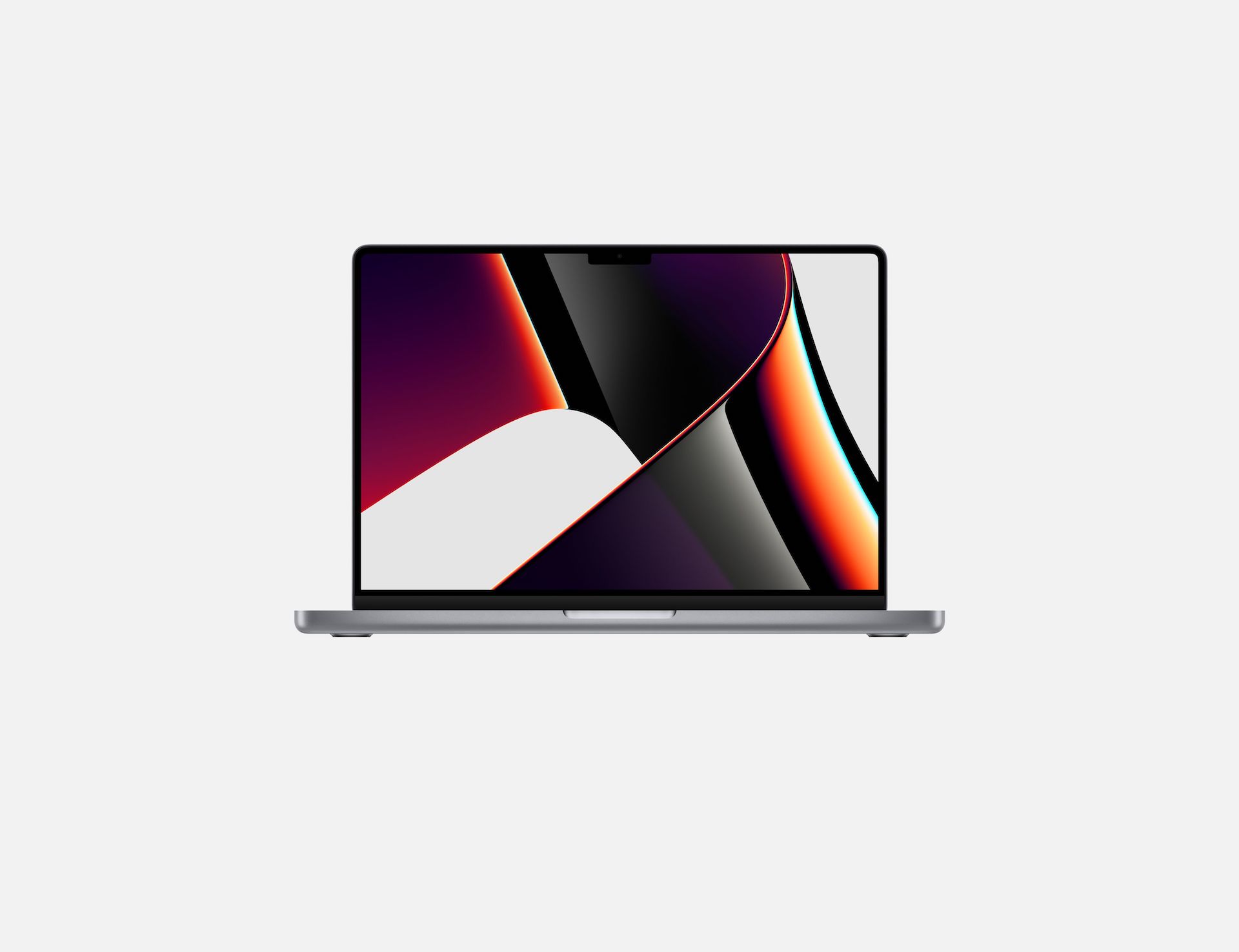
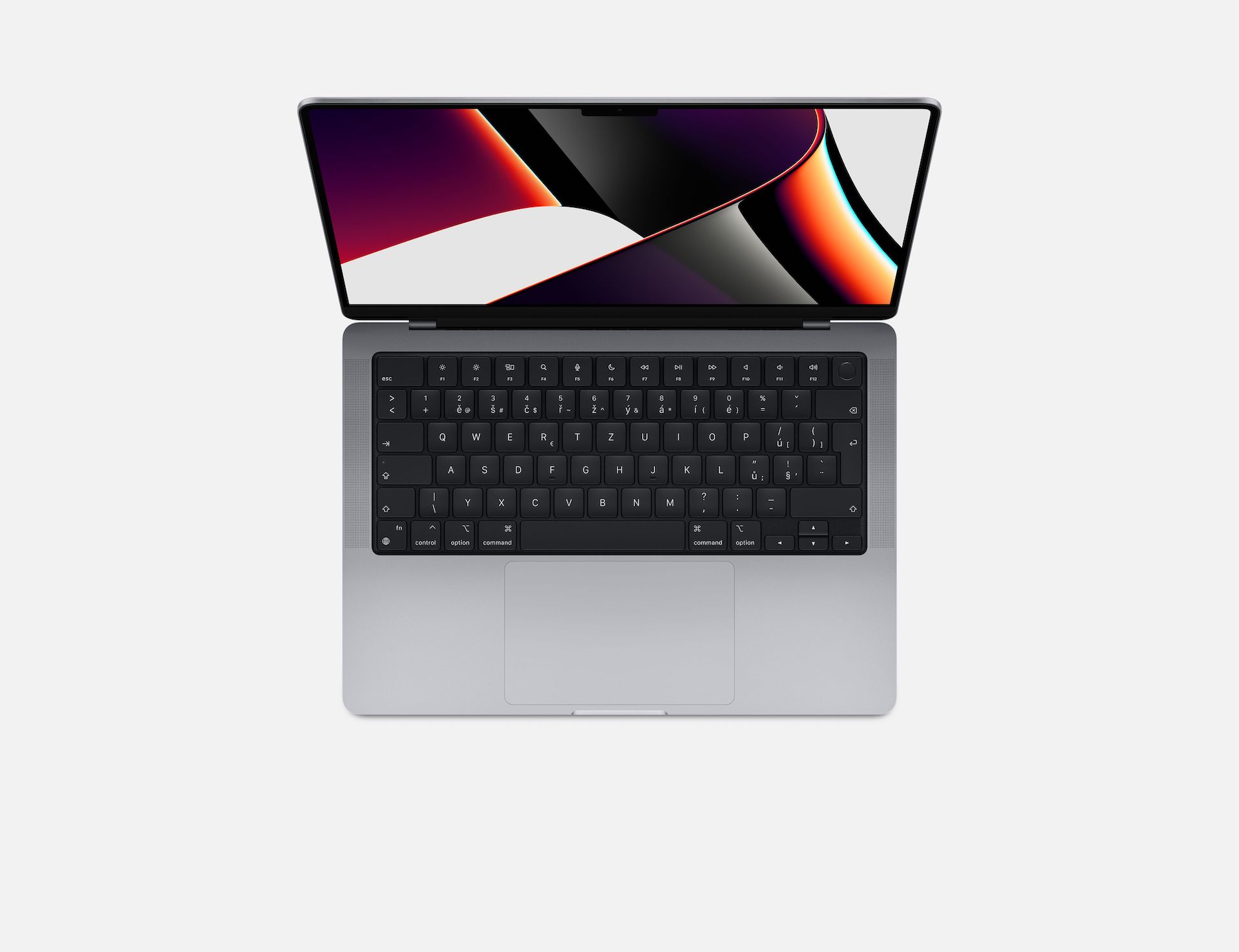

Well, the idea is beautiful, but according to my experience, unfortunately, it doesn't work very well.
I have an iPhone 12 Pro Max, an iPad M1 13 and a MacBook Pro 16.
Neither photos/videos nor data sync properly. Especially if it's something bigger (like videos, 100+MB).
It often crashes, especially on MacOS. Fortunately, restarting the cloud services, photod, usually helps. But it also happened to me that it just didn't work and somehow it started on its own only after a few days.
If I want to transfer a file in a reasonably short time (within an hour), I use Airdrop.
I have always automatically backed up the cloud of the house on the NAS, with OneDrive there is no problem for 3rd party clients.
The inability to use 3rd party clients for automatic iCloud backup is what really bothers me about iVloud...
I'm primarily interested in photos.
Otherwise, I don't have a problem with iCloud.